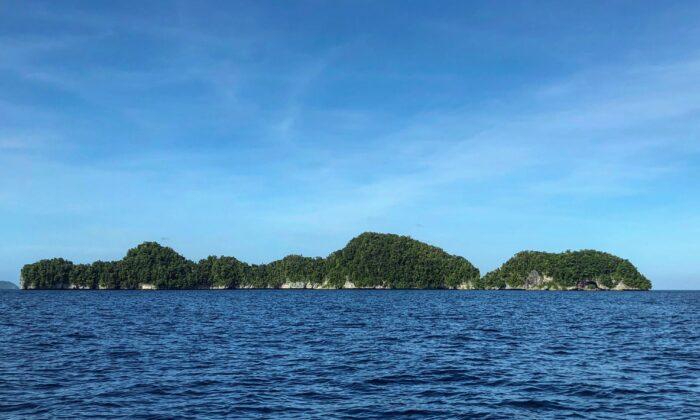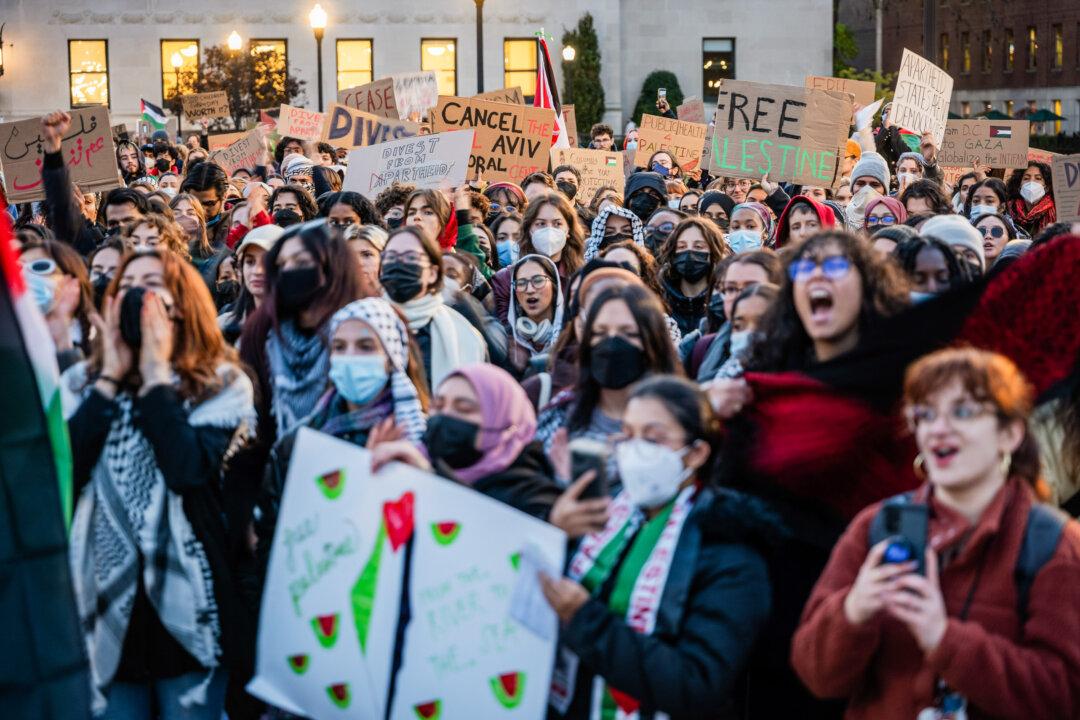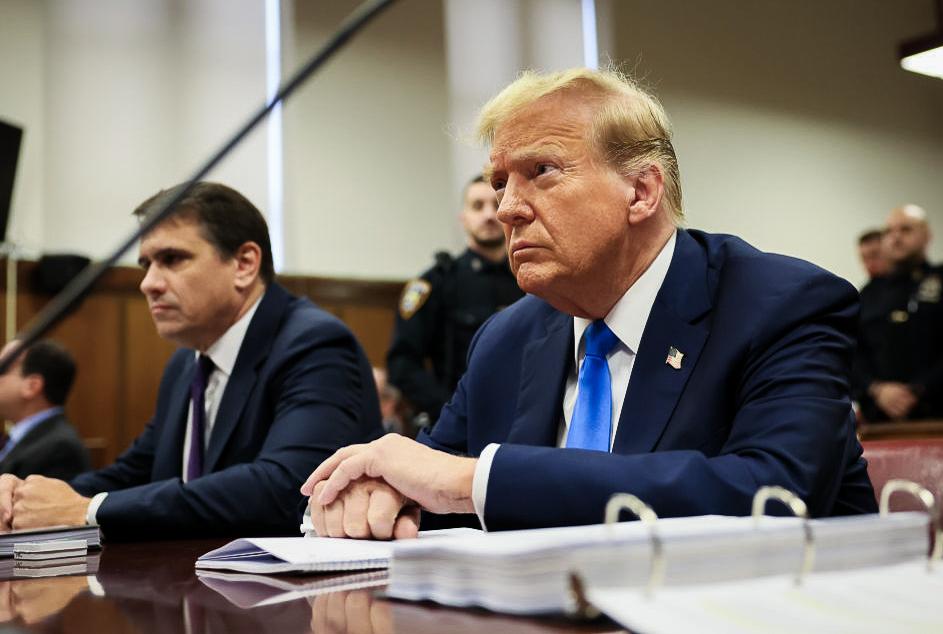The Biden administration aims to allocate $7.1 billion in funding for three Pacific Island nations with which the United States has economic and defense ties, a U.S. official said on March 23, in a move to counter Beijing’s influence in the region.
State Department official Jane Bocklage told a congressional hearing that President Joe Biden’s fiscal year 2024 budget request included $7.1 billion in funding for the Marshall Islands, Palau, and the Federated States of Micronesia (FSM).
The funds would be paid out over 20 years to extend the Compacts of Free Association (COFA) agreements, which allow the United States to provide economic aid to the three countries in exchange for permission to operate defense bases there.
Bocklage said that Washington is working to finalize negotiations with the three island nations to renew the COFA provisions that are set to expire in 2024 for Palau and later this year for FSM and the Marshall Islands.
“We are aiming for weeks, not months,” she said. “Absent the new economic assistance provisions, we really leave the three countries open to predatory behavior, coercive behavior.”
Bocklage said the $7.1 billion funding consists of $6.5 billion in direct economic assistance and $634 million for the unfunded costs of extending the U.S. Postal Service in the Marshall Islands, Palau, and FSM.
US-China Rivalry in the Pacific
The three countries—called the Freely Associated States (FAS)—have complained that assistance has not kept pace with U.S. obligations. Though they still enjoy close ties to Washington, critics warn that a failure to reach new terms could spur them to look to China’s communist regime for funding or increased trade and tourism.
The United States Institute of Peace (USIP), a federally funded think tank, said in a September 2022 report that Beijing perceives the U.S. “limited” engagement as a strategic void in the Pacific Island region and has been open about its intentions to fill it.“Even a modest increase in diplomatic resources is likely to meet with an enthusiastic reception from regional officials,” stated the report, which was the result of a project that convened a group of 16 experts who interviewed officials and experts from countries around the region.
As the competition between the United States and China gains pace in the Pacific region, the FAS presents a unique opportunity for the United States, whose military is expanding its force posture, the report stated.
“U.S. defense rights in the FAS present unique opportunities for new facilities and dual-use ports and airfields development. Strong U.S.-FAS connections mean that a deterioration in FAS economic or security conditions would have spillover effects into U.S. states and territories,” it stated.
In a diplomatic tug-of-war, Beijing successfully flipped some Pacific Island nations to its side. After the Solomon Islands and Kiribati switched their diplomatic affiliation from Taipei to Beijing, Taiwan was left with diplomatic recognition from four Pacific Island nations.
CCP’s ‘Political Warfare’
FSM’s outgoing leader, David Panuelo, has proposed that his nation switch allegiances to Taiwan from China as he accused the Chinese Communist Party (CCP) of waging “political warfare.”
In a leaked 13-page letter addressed to the FSM Congress on March 9, Panuelo alleged that Beijing was attempting to undermine the FSM’s sovereignty to ensure that the country would side with the CCP or remain neutral in a potential conflict over Taiwan.
“We further know that the FSM has a key role to play in either the prevention of such a conflict, or participation in allowing it to occur,” said Panuelo, whose term ends in two months.
“It is on this basis that Political Warfare and Grey Zone activity occur within our borders; China is seeking to ensure that, in the event of a war in our Blue Pacific Continent between themselves and Taiwan, that the FSM is, at best, aligned with the PRC [People’s Republic of China] instead of the United States, and, at worst, that the FSM chooses to abstain altogether,” he added.
Panuelo said the CCP’s political warfare in the FSM included overt activity—such as political alliances and economic measures—and covert activity, such as “bribery, psychological warfare, and blackmail.”
“One of the reasons that China’s political warfare is successful in so many arenas is that we are bribed to be complicit, and bribed to be silent. That’s a heavy word, but it is an accurate description regardless,” he wrote.






Friends Read Free